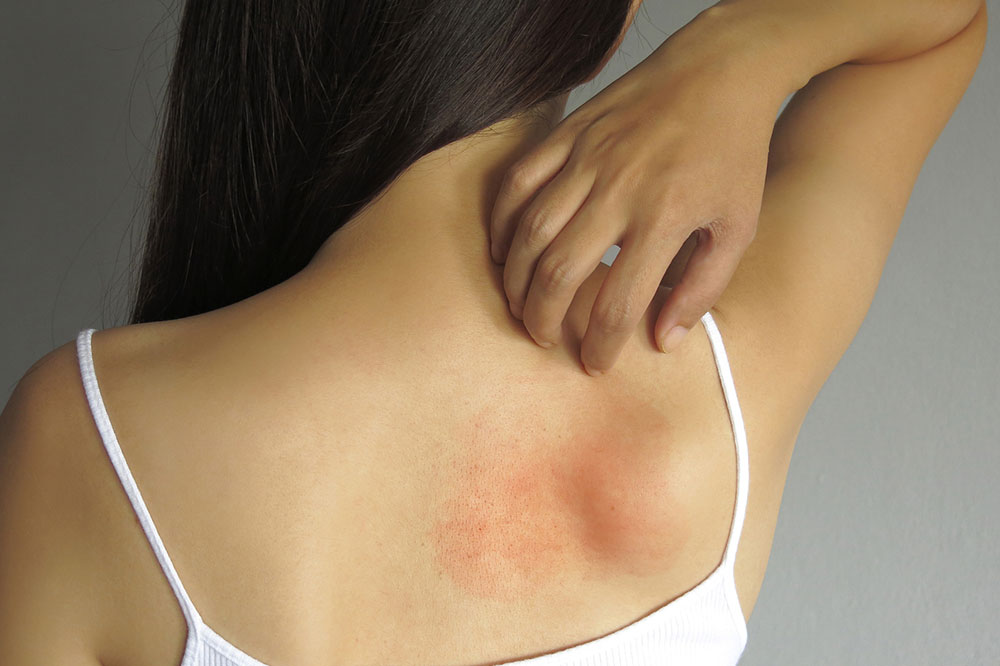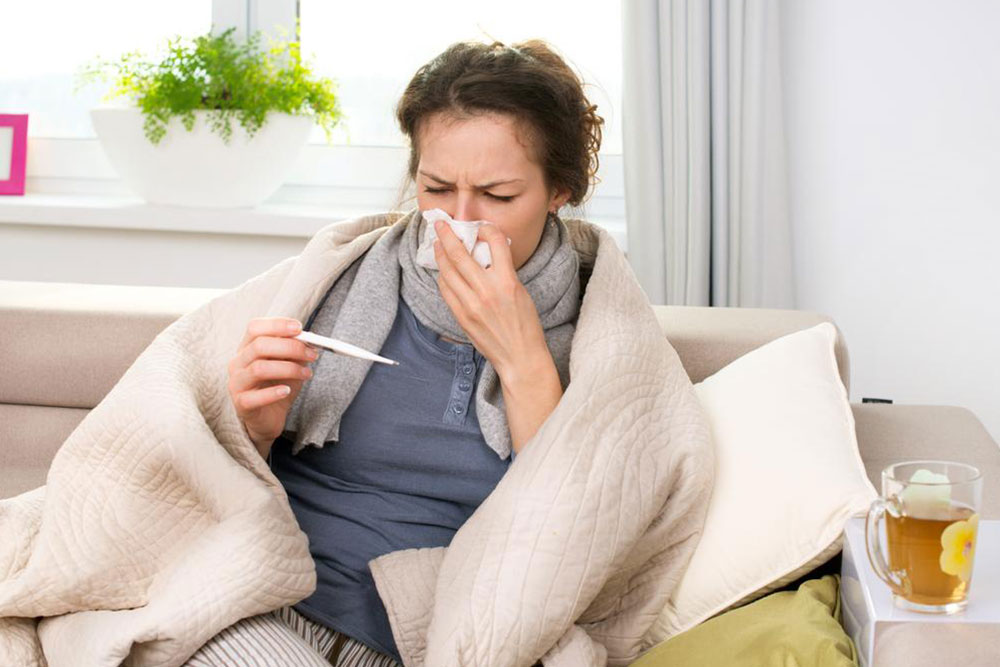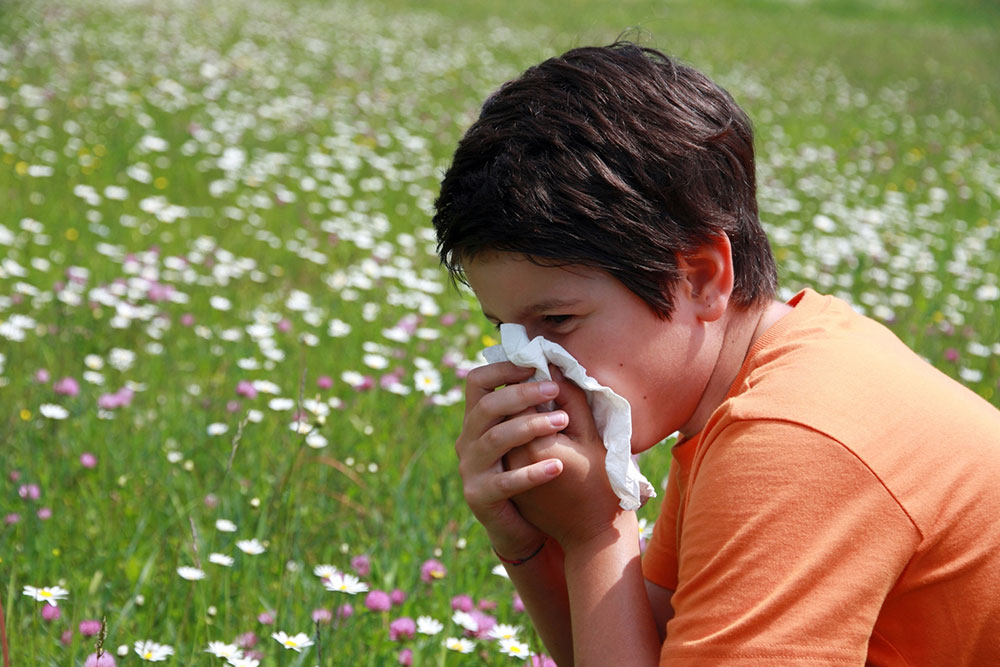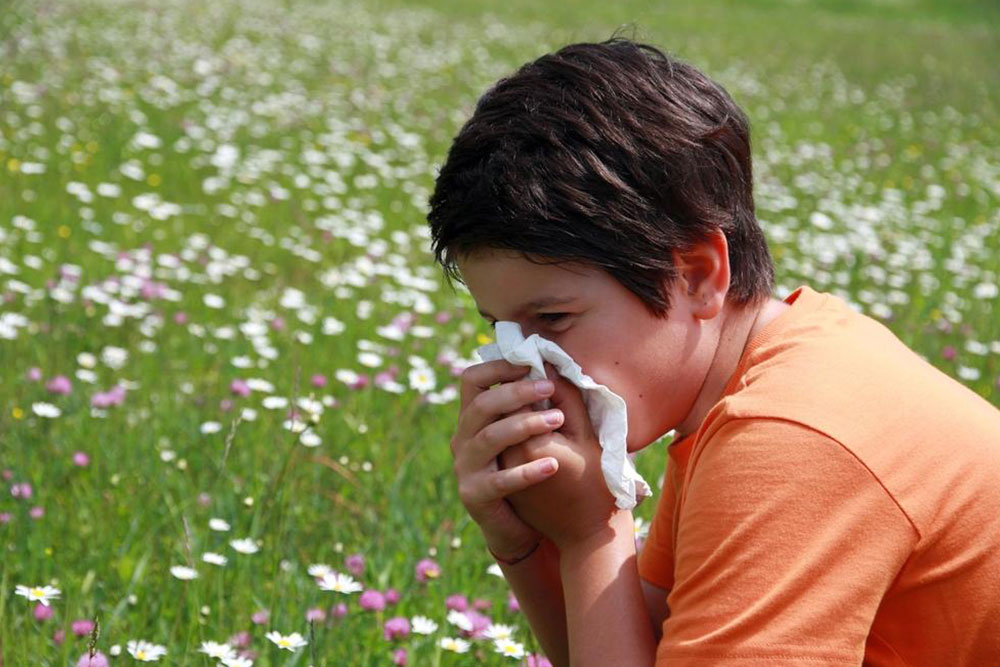Understanding Allergies: Causes, Symptoms, and Effective Treatments
This comprehensive guide explores allergy causes, symptoms, and treatments. Learn how the immune system reacts to allergens like pollen, pet dander, and food. Discover effective prevention strategies, diagnostic methods, and treatment options such as medications and immunotherapy. Find natural remedies to manage symptoms, and get tips on avoiding common allergen triggers. Whether dealing with seasonal or food allergies, this article provides essential information to improve quality of life and prevent severe reactions.
Sponsored

When foreign substances invade the body, they can trigger allergic reactions as part of the immune response. These substances, known as allergens, include things like certain foods, pet dander, pollen, mold, and more.
The immune system's primary role is to defend the body from harmful pathogens. When it encounters allergens, it produces antibodies that lead to symptoms such as sneezing, skin irritation, and congestion. Allergic reactions vary from mild discomfort to severe, life-threatening conditions.
Understanding Allergies
Atopy refers to a tendency to develop allergic responses. When exposed to triggers like dust mites, pollen, pet proteins, certain foods, medicines, or mold, allergic individuals respond excessively, mistaking harmless substances for threats.
Approximately 10-30% of Americans are affected by allergies, with nasal allergies impacting around 20%. Over 25 million suffer from asthma linked to allergies, costing society billions annually in healthcare and lost productivity. Food allergies affect 8% of children and 5% of adults.
What Causes Allergies?
The immune system identifies antigens as threats and produces antibodies called IgE. In allergic individuals, IgE is overproduced, triggering allergic reactions. T-cells also recognize allergens like poison oak or chemicals, causing inflammatory responses, such as rashes.
Severe allergic reactions like anaphylaxis can be life-threatening, causing symptoms like breathing difficulty, swelling, nausea, and rapid heartbeat. Immediate medical intervention with adrenaline injections is crucial.
Prevention involves avoiding known allergens when possible. For food allergies, an elimination diet and reading labels help. Seasonal allergies (hay fever) can be managed by staying clear of pollen or mold and improving indoor air quality.
Allergy testing, including skin prick and blood tests, helps identify triggers. Maintaining a symptom diary and consulting an allergist is recommended for accurate diagnosis.
Available Treatments
Managing allergies involves avoiding triggers, medication, immunotherapy, and emergency treatments. Antihistamines, nasal sprays, and allergy shots can desensitize immune responses. Severe cases require adrenaline auto-injectors like EpiPen.
Natural remedies such as saline nasal irrigation, regular cleaning, dehumidifiers, and minimizing exposure to dust and pet dander can also relieve symptoms. Simple lifestyle changes effectively reduce allergy risks for many.
Common triggers like dust mites, pet dander, and insect stings can often be controlled through targeted actions like using hypoallergenic bedding, keeping pets clean, and avoiding insect-prone environments. Staying prepared is essential for allergy sufferers.






